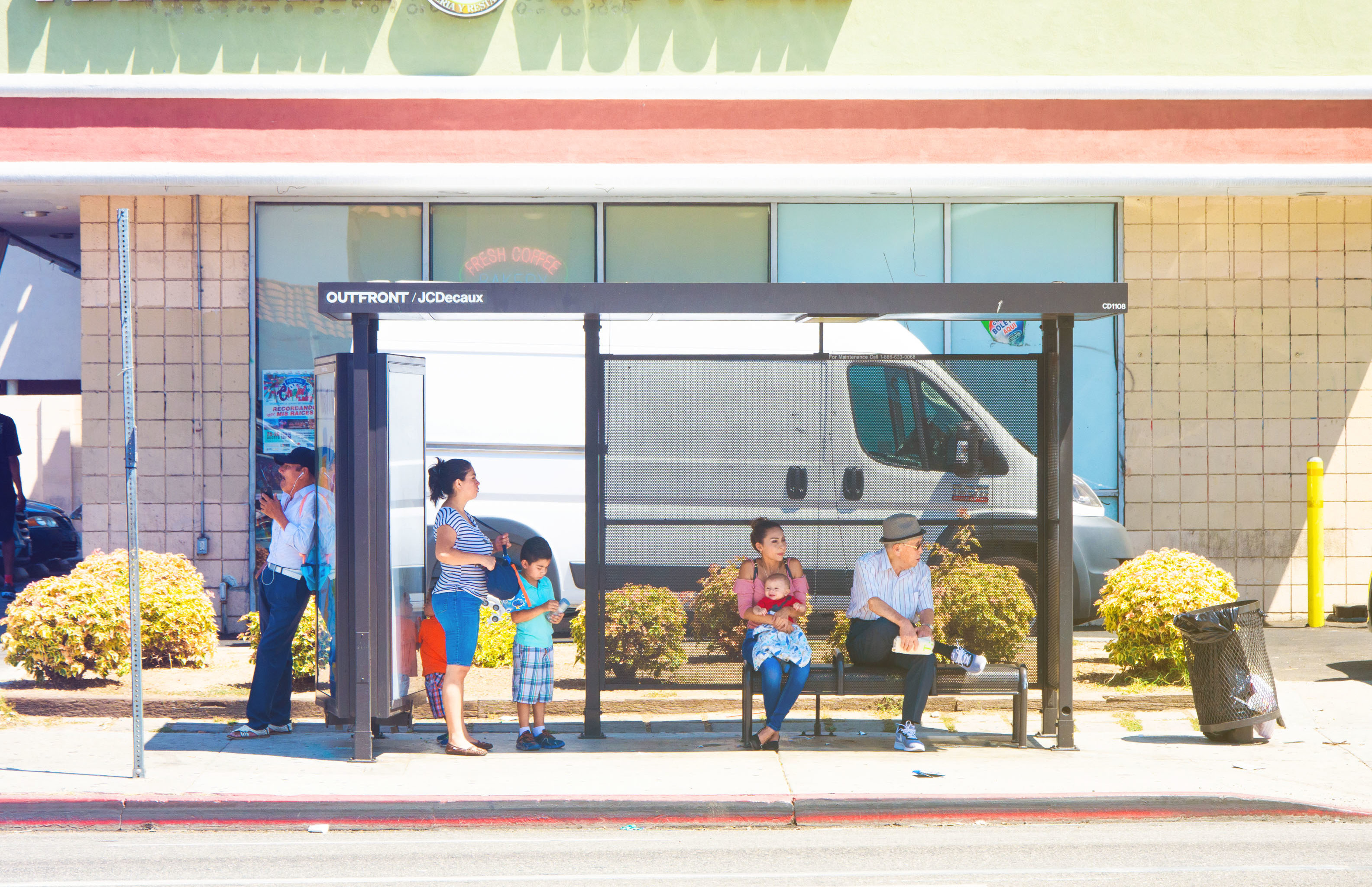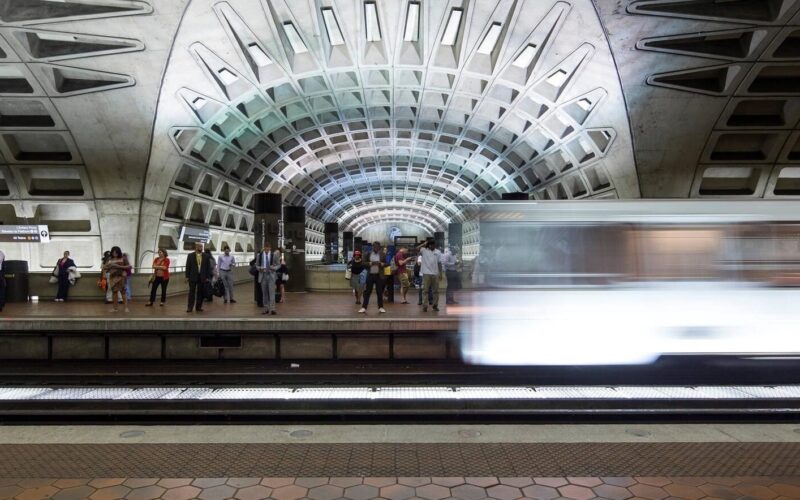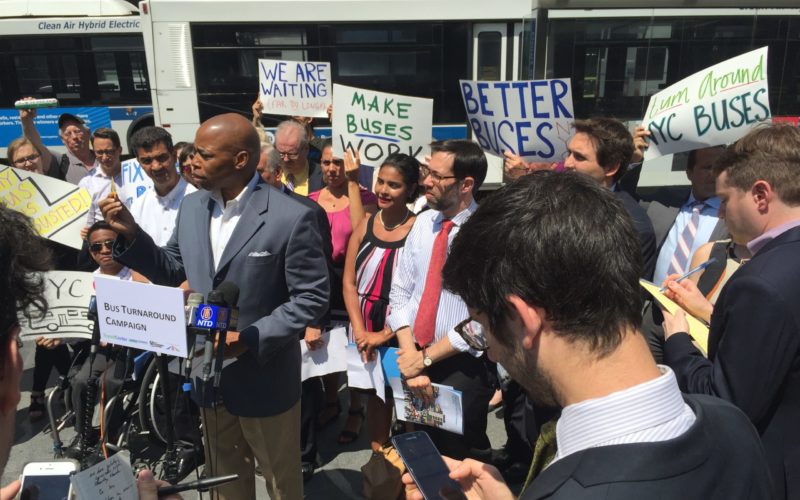
Quick:
What community has built more rail transit than any other in the country in the past 15 years – and is situated in a state that overwhelmingly votes for the anti-transit political party in federal elections? This is the paradox of the Salt Lake City region, which has repeatedly voted to raise its own taxes to build an ambitious transit system, yet simultaneously sends U.S. Senators and Representatives who join the Republican Party caucuses that virulently oppose progressive transportation.
 Salt Lake City is not alone in that paradox: regions like Oklahoma City, Little Rock and Nashville all demonstrate strong support for transit at the regional level while their states simultaneously elect federal delegations who try to stifle good transportation policy in Washington D.C.
Salt Lake City is not alone in that paradox: regions like Oklahoma City, Little Rock and Nashville all demonstrate strong support for transit at the regional level while their states simultaneously elect federal delegations who try to stifle good transportation policy in Washington D.C.
Resolving that apparent paradox will be one key to restoring the non-partisan approach to infrastructure which formerly existed at the federal level, and now thrives at the local and regional level, even in the most unexpected settings.
As I stroll near Temple Square, looking up at the Wasatch Mountains as a Utah Transit Authority light rail train rolls down the street, full of satisfied Utahns, I wonder how to resolve that paradox.
First, it seems to me, the word “conservative” needs to be claimed from the radicals who have misappropriated it to mean anti-transit. In reality (including in Salt Lake City) transit is inherently conservative: done right, it is the soundest investment for the community, it provides more choices to more people, it reinforces typical neighborhood land use patterns, is a wise use of resources, and adds to economic competitiveness. Yet in Washington D.C. the term “conservative” somehow got stolen and misapplied to mean huge subsidies to the automobile, lavish general fund transfers to mammoth road projects that bulldoze private property and destroy neighborhoods, force people to use only automobiles (children and seniors, you’re out of luck), and add to our dependence on foreign oil which in turn leads to wars. Since when is that approach “conservative” and restoring a rail network that functioned well decades ago not conservative?
The pro-transit movements led by local officials and business leaders in places like Salt Lake City and Little Rock and Charlotte and Phoenix shows the dissonance between local needs and those federal legislators who call themselves “conservatives” but really are more accurately described as “pro-petroleum.” Cities across the country are showing that the true conservatives – who value traditional neighborhoods, honor seniors and care about children, and are careful stewards of tax dollars – are investing in transit.
 On the Brink: Will WMATA’s Progress Be Erased by 2024?
On the Brink: Will WMATA’s Progress Be Erased by 2024?
The experience of being a WMATA rider has substantially improved over the last 18 months, thanks to changes the agency has made like adding off-peak service and simplifying fares. Things are about to get even better with the launch of all-door boarding later this fall, overnight bus service on some lines starting in December, and an ambitious plan to redesign the Metrobus network. But all of this could go away by July 1, 2024.
Read More A Bus Agenda for New York City Mayor Eric Adams
A Bus Agenda for New York City Mayor Eric Adams
To create the “state-of-the-art bus transit system” of his campaign platform, Mayor Adams will have to both expand the quantity and improve the quality of bus lanes. We recommend these strategies to get it done.
Read More